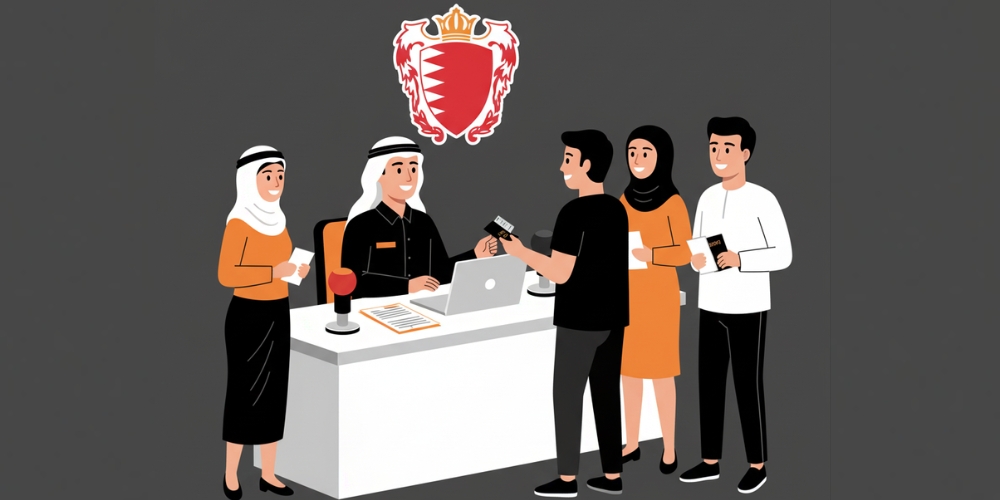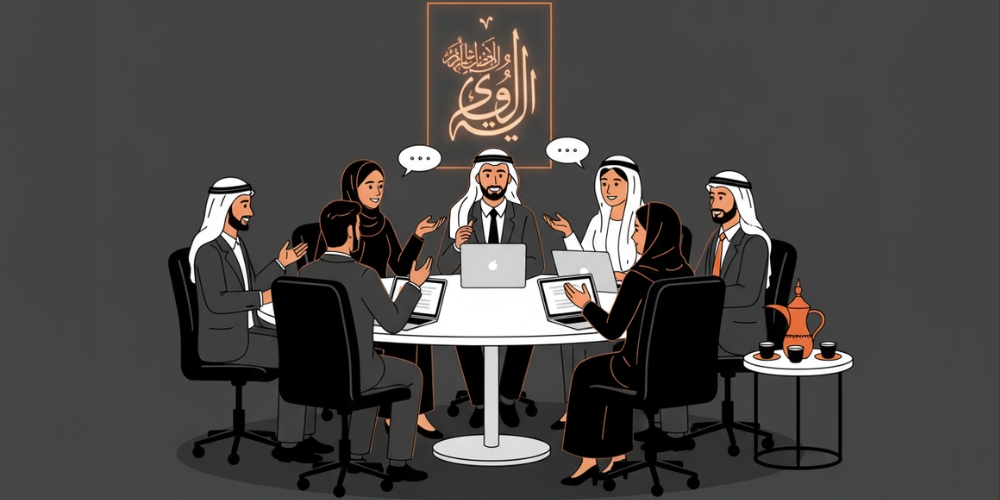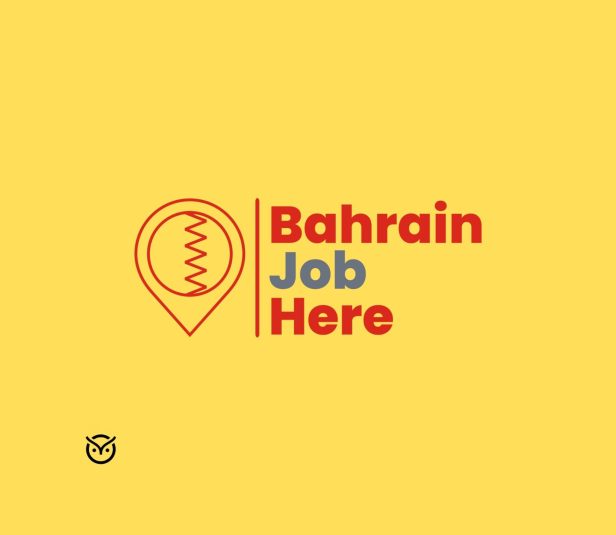TL;DR
- Working in Bahrain as a foreigner means knowing visas, culture and costs early.
- You’ll need a work visa for Bahrain, and you must check your e visa Bahrain status.
- There are many openings, including Bahrain jobs for US citizens.
- Expect moderate living costs and a mix of Arabic and English culture.
- Focus on relocation, contracts and networking while keeping Saudization in mind.
If you are considering working in Bahrain as a foreigner, you may be asking: Is this a good move? How do I get in? And what will everyday life look like once I arrive? Many professionals see the Gulf region as a new career chapter but feel unsure about the visa process, salary levels and cultural fit.
Here’s the good news: this blog will walk you step-by-step through what to expect from getting a Bahrain work visa to finding the right role, understanding lifestyle and tapping into family visa in Bahrain options. By the end, you should be ready to take action and confidently explore your next career move.
Why Bahrain Attracts Foreign Professionals

The Kingdom of Bahrain presents several reasons why many choose to make a move. First, for scale: by mid-2024, Bahrain’s LMRA had 631,763 active work permits for foreigners on the books. That’s a 3.8% jump from the year before. It’s a clear sign that the country still leans heavily on international talent—even with the recent policy shifts. But here’s the flip side: the government is turning up the volume on “Bahrainization” to get more locals hired. That’s often the piece people miss when looking at those growth numbers. It’s worth keeping an eye on how this actually affects your next job search.
Beyond the numbers, there is a welcoming, pro-business environment: full foreign ownership is allowed in several sectors, the economy is open and English is widely used across many workplaces. For foreigners, this means easier integration than in some other markets where language and local licensing pose more barriers.
Work Visa Requirements for Foreigners

If you plan on working in Bahrain you will need the right visa and permit package. The first step is typically that your employer sponsors you for a work visa Bahrain through the Labour Market Regulatory Authority (LMRA).
Here are the key points you should know:
- The employer submits the permit application and once approved you are eligible to travel and start employment.
- You can check your e visa Bahrain status via the official portal to monitor approval.
- If you are bringing family, you’ll need to explore the family visa in Bahrain. Your eligibility depends on salary thresholds and your employer’s approval.
- Be aware of changes driven by the local employment policy (similar to Saudization in other Gulf states) which seeks to increase local employment.
| Permit type | Duration | Total fee (2026) | Notes |
|---|---|---|---|
| Registered Worker Permit – initial | 6 months | BHD 267.5 | Includes permit issuance (BHD 52.5), health insurance (BHD 45), residency extension and ticket insurance. |
| Registered Worker Permit – renewal | 6 months | BHD 107.5 | Renewal excludes one‑time ticket insurance. |
| Registered Worker Permit – initial | 1 year | BHD 365 | Permit issuance fee BHD 105 plus health insurance BHD 90. |
| Registered Worker Permit – renewal | 1 year | BHD 205 | Renewal excludes ticket insurance. |
| Registered Worker Permit – initial | 2 years | BHD 560 | Issuance BHD 210; health insurance BHD 180. |
Before you sign any contract, ensure the visa and permit details are clear such as validity period, renewal terms, who pays for what. That sets a secure foundation.
Visa Route Decoder – Flip Cards
Tap a card to flip. Learn the essentials for each visa path.
Flip each card at least once to unlock the Bonus Tip.
Bahrainization and Hiring Quotas
If you’re planning to work in Bahrain, “Bahrainization” isn’t just a buzzword—it’s the policy that determines whether your work permit gets approved. Essentially, it’s the government’s way of making sure local talent gets a fair shot at private-sector jobs.
How the System Works
Instead of one big rule for everyone, the targets change depending on the industry. The Labor Market Regulatory Authority (LMRA) uses a calculator to check if a company is hitting its numbers before it allows any new foreign hires.
- Sector Targets: Banks usually need about 15–25% Bahraini staff, while large retail stores might need to hit 50%.
- Government Support: To help businesses bridge the gap, the government’s Labor Fund, Tamkeen, steps in with subsidies. They often cover up to 70% of a local employee’s salary during their first year to help with training and onboarding costs.
- Wages Protection (2026): By February 2026, every private employer must use the advanced Wages Protection System (WPS). This makes sure everyone gets paid on time through approved banks, and if a company skips this, the LMRA can block all their visa transactions.
The Risks of Breaking the Rules
The government is getting much more serious about enforcement. If a company ignores these quotas, the “hidden costs” add up quickly:
- Higher Fees: Businesses under the quota may have to pay an extra BHD 300 for every foreign work permit application.
- Fines and Restrictions: Fines typically range from BHD 500 to BHD 1,000 per violation. More importantly, the LMRA can freeze a company’s ability to renew existing visas or apply for new ones.
- Legal Trouble: For serious or repeated violations, court orders can lead to business closures or even prison time (ranging from three months to two years) for those in charge.
Looking Ahead: The 2026 Shift
A new draft law is currently moving through the system that doubles down on local hiring. This legislation specifically targets high-skill fields, requiring companies to prioritize Bahrainis in:
- Medical and Legal services.
- Accounting and Banking.
- Education and Aviation.
Quick Tips for Expats
You might’ve noticed that some jobs are becoming harder to get in certain fields. Here’s how to handle it:
- Check the Quotas: Before signing an offer, it’s smart to ask if the company is currently meeting its Bahrainization targets. If they aren’t, your visa could be delayed or rejected at the last minute.
- The “Upskill” Advantage: When you’re interviewing, mention your experience in mentoring or training others. Employers love seeing foreign professionals who can help their local team grow—it makes you a much more valuable “investment” in their eyes.
How to Find a Job in Bahrain

Finding the right role is a mix of smart search and strategic networking. Here’s how you can approach it:
1. Target the right industries. Some sectors in Bahrain hire large numbers of foreigners such as finance, oil & gas, IT services, hospitality and construction. Given the size of the expatriate workforce, opportunities for Bahrain jobs for US citizens and other nationalities exist especially when you have skills aligned with regional demand.
2. Use job portals and recruitment agencies. Online job boards, LinkedIn, the LMRA portal and local recruitment agencies are all useful. Make sure you check whether the job comes with sponsorship and visa support.
3. Network locally and digitally. Especially in Gulf markets, who you know matters. Connect with expatriate professionals, join local business events in Manama or other hubs and engage with industry groups.
4. Prepare for contract reviews. Before you commit, ensure your role includes visa sponsorship, health insurance, accommodation allowance (if applicable) and clear termination/renewal clauses.
5. Consider switching roles. If you are already in Bahrain on a visa, ask about your ability to change jobs. Some visas may lock you to one employer unless you do a formal transfer.
By combining these steps, you’ll increase your chances of landing the right job and you will be more confident heading into your new chapter of working in Bahrain as a foreigner.
Cost of Living and Lifestyle

If you choose to live and build your career while working in Bahrain as a foreigner, it pays to know what your monthly expenses might look like and how the lifestyle compares with other places.
On the cost side, for a single person (excluding rent), you’re looking at roughly BHD 312 (about USD 850) per month as basic living expenses. Rent will be your major variable cost. A one-bedroom apartment in a standard area may cost between BHD 200 and BHD 300 per month, depending on location and amenities. The cost of living in Bahrain stands at around $1227. In practical terms, this means you could live at a decent standard for less than what you might pay in many Western cities.
On the lifestyle front, life in the Kingdom of Bahrain offers a comfortable mix of culture and modernity. In the capital area of Manama, you’ll find malls, restaurants, beach access and a variety of social options. The official weekday for business tends to run from Sunday through Thursday, giving you a clear weekend rhythm. If you are planning to bring family under a family visa in Bahrain, you’ll also want to budget for schooling, housing with more rooms and possibly higher transport or extra perks from your employer.
Budget Your Month
Move the sliders to build your Bahrain monthly budget in BHD. Compare it with another city using the dropdown.
Monthly Budget in BHD
Tip. Drag or tap the track to adjust. Values save as you move.
Compare with Your City
Estimated in Bahrain BHD 600
Same as Bahrain baseline
Workplace Culture in Bahrain

Jumping into Bahrain’s working life means being ready for a culture that blends Middle Eastern traditions and global business standards. In many corporate settings, you’ll find that both Arabic and English are used and being open, respectful and professional will take you far.
Here are a few key details to know:
- Respect for hierarchy is important. Decisions often come from senior leadership and there is a strong value placed on titles and roles.
- Relationships matter: Building trust and a personal connection, sometimes through shared coffee, friendly talk or informal meeting-starts, helps more than just showing technical skill.
- Work-life balance is improving. Although traditional working hours apply (Sunday to Thursday), many companies are offering more flexibility and modern amenities to attract talent.
- Expect professionalism but also cultural norms: dress modestly when meeting clients, arrive on time and be prepared for some formalities (greetings, small talk) before business starts.
If you are used to very flat organizations where everyone’s voice is equal, you may need to adapt a little. But that adaptation pays off quickly in career growth when you understand how things work in the Gulf region.
Office Talk Translator
Translate direct phrases into tactful Bahrain friendly language. Click a row to open. Use search to find a phrase.
Western I disagree ›
Western phrase
I disagree
Bahrain friendly
I see it differently and want to align on the goal
Why it works. Keeps respect for hierarchy and focuses on harmony
Western Let’s argue this out ›
Western phrase
Let us argue this out
Bahrain friendly
Let us discuss and reach agreement
Why it works. Signals respect and a shared outcome
Western We will miss the deadline ›
Western phrase
We will miss the deadline
Bahrain friendly
We are running behind and request a new date with your approval
Why it works. Keeps deference and asks for a decision
Western Hi Omar ›
Western phrase
Hi Omar
Bahrain friendly
Good morning Mr Omar
Why it works. Uses a polite title for a senior person
Western No that will not work ›
Western phrase
No that will not work
Bahrain friendly
There are risks with this plan and I suggest another option
Why it works. Offers a solution not only a refusal
Western I will escalate this ›
Western phrase
I will escalate this
Bahrain friendly
I will seek guidance from management so we close this well
Why it works. Respects hierarchy and intent to solve
Western I am five minutes late ›
Western phrase
I am five minutes late
Bahrain friendly
Apologies for the delay and thank you for waiting
Why it works. Shows courtesy and gratitude
Western Your work has issues ›
Western phrase
Your work has issues
Bahrain friendly
Good effort so far and I suggest a few changes to improve it
Why it works. Leads with praise then adds fixes
Taxes, Banking and Benefits

One of the perks of working in Bahrain as a foreigner is the tax regime: there is currently no personal income tax on wages and salaries. That means what you earn tends to stay with you (subject to employer benefits and rental costs).
However, there are a few things to watch:
- You’ll want to open a local bank account for your salary. Major banks in Bahrain accept expat accounts, but your employer typically handles the paperwork.
- While there is no income tax, goods and services are subject to a 10% value-added tax (VAT).
- Benefits vary by employer: Some will offer health insurance, housing or transport allowances, annual leave and end-of-service benefits. Make sure your contract spells out what you receive.
- If you plan to bring your family on a family visa in Bahrain, verify whether your employer’s offer covers family health insurance or whether you need to arrange extra coverage.
- In some Gulf countries such as Saudi Arabia you’ll hear of programmes like Saudization that aim to raise local employment. Bahrain is also watching its workforce makeup and building policies that may affect foreign employment in the future.
Tips for Working Successfully in Bahrain

If you’re moving ahead with heading to Bahrain, here are action-oriented tips to make your time there smoother to manage and more successful:
- Before you sign on the dotted line, clarify what kind of visa you will receive. Some employers handle everything including the work visa Bahrain, while others may expect you to assist.
- Keep copies of your paperwork: visa, work permit, contract and renewal terms. Know how often you will need to renew your sponsorship or transfer employers.
- Build a local professional network early: attend industry meet-ups in Manama, join expatriate groups and connect with colleagues. Personal connections help a lot in Bahrain’s culture.
- Respect cultural customs: Be mindful of modest dress, greet people politely (a simple Salam Alaykum and handshake often works) and allow some extra time in meetings for introductions.
- Manage your finances wisely: Even though there is no salary tax, your cost of housing or sending money home may add up. If you plan to switch jobs, check if you will need to exit your visa or transfer it.
- Stay updated on regulations: immigration laws and labor policies evolve. If you change jobs, check whether your visa allows that and whether you get a new sponsorship.
- Ensure your contract includes end-of-service benefits, leave entitlements and salary details like allowances for housing or transport if relevant.
Conclusion
Choosing to work in Bahrain offers a strong opportunity: a career in a dynamic region, a low-tax salary environment and a comfortable lifestyle that puts you in the heart of the Gulf business world. Make sure you understand your visa status, clarify your contract and benefits and adapt to the workplace culture with awareness and respect. If you do that, you’ll not just survive but thrive.
Bahrain FAQs
Click a question to view the answer. You can open or close all with one tap.





